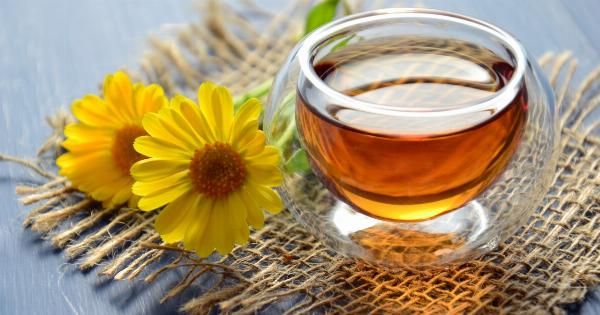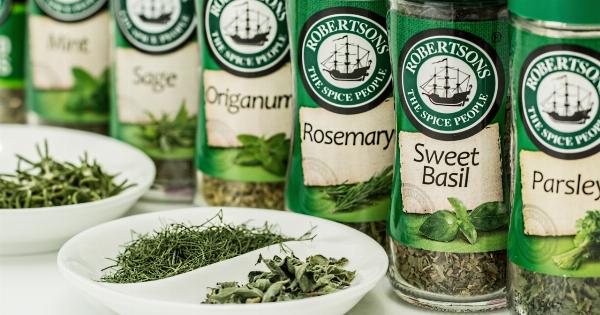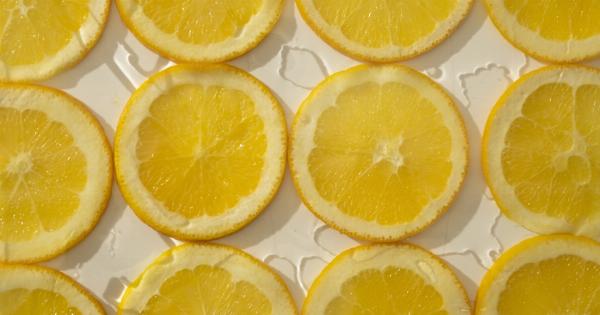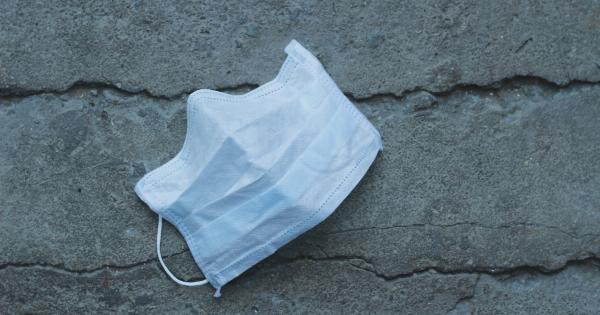Dealing with kidney stones can be a painful and frustrating experience. These hard deposits of minerals and salts can form in your kidneys and cause severe pain as they pass through your urinary tract.
Fortunately, there are several simple strategies you can incorporate into your daily routine to help prevent kidney stones from forming. Here are eleven effective ways to keep your kidneys healthy and stone-free:.
1. Stay Hydrated
One of the best and easiest ways to prevent kidney stones is to stay well hydrated. Drinking plenty of water helps dilute the substances in urine that can lead to the formation of stones. Aim to drink at least 8 cups (64 ounces) of water per day.
If you’re physically active or live in a hot climate, you may need to increase your water intake accordingly.
2. Limit Sodium Intake
High levels of sodium in your diet can contribute to the formation of kidney stones. Excess sodium leads to increased calcium levels in the urine, which can promote stone formation.
Limiting your intake of processed and packaged foods, which are usually high in sodium, can help reduce your risk. Opt for fresh, whole foods and season your dishes with herbs and spices instead of salt.
3. Eat a Balanced Diet
Eating a balanced diet that is rich in fruits, vegetables, whole grains, and lean proteins can help prevent kidney stones. These foods are high in essential nutrients and fiber, which can help regulate your urinary system and prevent stone formation.
Avoid excessive consumption of animal proteins and oxalate-rich foods like spinach, rhubarb, and beets, as they can contribute to certain types of kidney stones.
4. Get Enough Calcium
Contrary to popular belief, getting enough calcium from your diet can actually help prevent kidney stones. Calcium binds with oxalate in the intestine, preventing it from being absorbed into the bloodstream and ultimately eliminated through urine.
Make sure to get a recommended daily amount of calcium (1,000-1,200 mg) from dairy products or calcium-rich alternatives like fortified plant-based milks.
5. Increase Citric Acid Intake
Citric acid can help prevent the formation of certain types of kidney stones by binding to calcium, preventing crystal formation and growth. Citrus fruits like lemons, oranges, and grapefruits are excellent sources of citric acid.
Consider adding a squeeze of fresh lemon or lime juice to your water or meals to boost your citric acid intake and reduce the risk of stone formation.
6. Maintain a Healthy Weight
Being overweight or obese can increase your risk of developing kidney stones. Excess weight can lead to imbalances in your body’s minerals and hormones, boosting the likelihood of stone formation.
By maintaining a healthy weight through regular exercise and a balanced diet, you can reduce your risk and support overall kidney health.
7. Limit Oxalate-Rich Foods
Oxalates are compounds found in certain foods that can combine with calcium in your urine to form kidney stones. If you’ve had calcium oxalate stones in the past, it’s important to limit your intake of oxalate-rich foods.
Examples of such foods include spinach, rhubarb, beets, nuts, and tea. However, it’s not necessary for everyone to avoid these foods unless advised by a healthcare professional.
8. Stay Active
Regular physical activity is not only beneficial for your overall health but can also help prevent kidney stones. Engaging in moderate aerobic exercise for at least 150 minutes per week can reduce your risk of stone formation.
Exercise helps to regulate blood pressure and insulin levels while promoting healthy digestion and kidney function.
9. Avoid Excessive Vitamin C
Vitamin C is an essential nutrient, but high doses in supplement form may increase the risk of kidney stones for some individuals.
If you’re prone to kidney stones or have a history of calcium oxalate stones, avoid excessive intake of vitamin C supplements beyond the recommended daily allowance.
10. Practice Good Hygiene
Urinary tract infections (UTIs) can increase the risk of developing certain types of kidney stones. To prevent UTIs, it’s important to practice good hygiene.
This includes wiping from front to back after using the bathroom, emptying your bladder frequently, and urinating before and after sexual activity to help flush out bacteria.
11. Regularly Monitor Your Kidney Health
If you’re at a higher risk of kidney stones due to a family history, previous stone formation, or underlying health conditions, it’s crucial to regularly monitor your kidney health.
Schedule regular check-ups with your healthcare provider and discuss any concerns or symptoms you may experience. They can perform tests to assess your kidney function and offer personalized advice on prevention.































